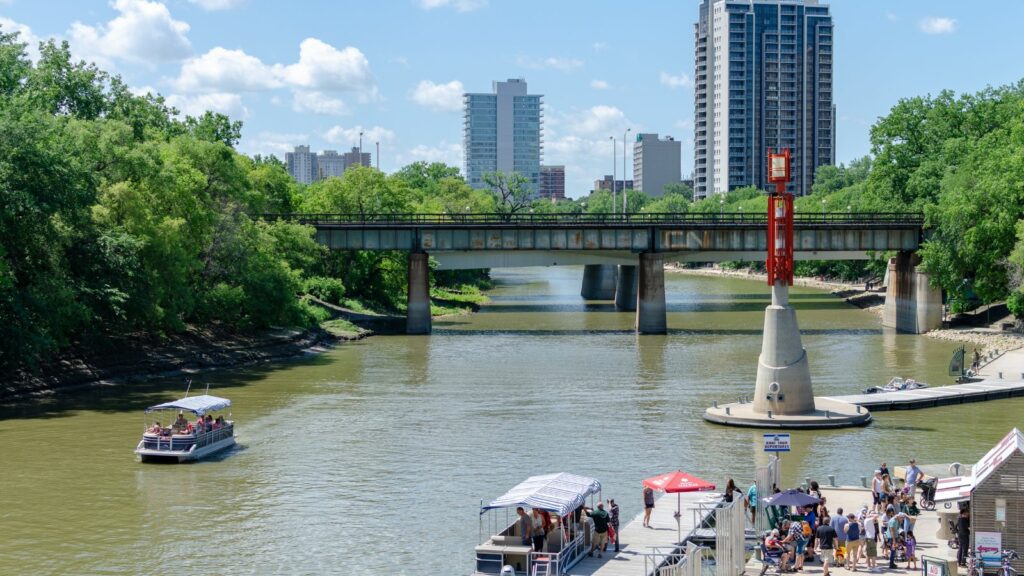Retirement affordability has become one of the most pressing financial concerns for Canadians. While some regions are experiencing skyrocketing living costs, others remain surprisingly accessible, offering retirees a balance of lifestyle, healthcare, housing, and community without breaking the bank. Here are 10 Canadian provinces ranked by retirement affordability:
New Brunswick
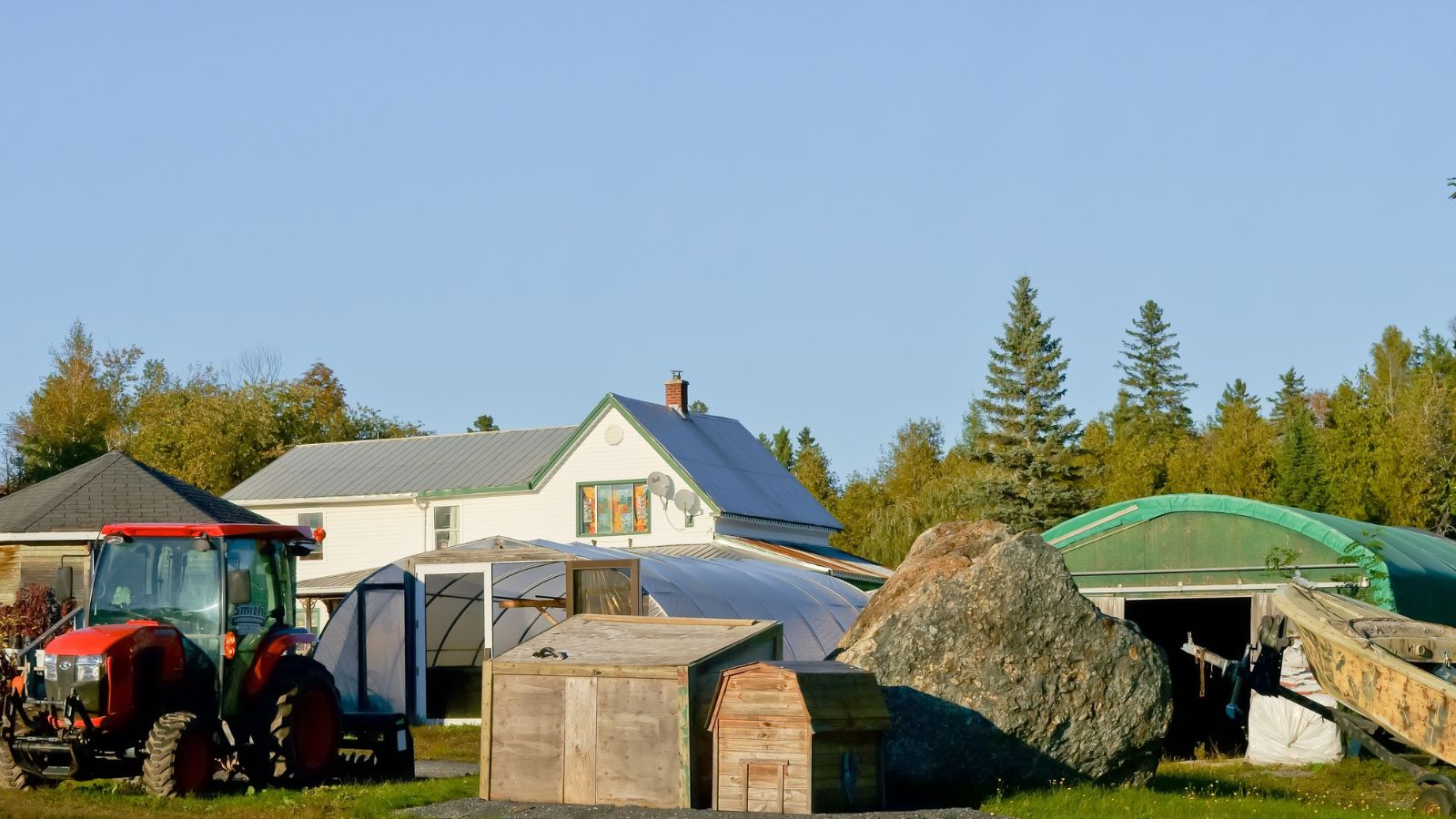
New Brunswick consistently ranks high for retirement affordability, thanks to its modest housing prices and relatively low cost of living. Smaller cities like Moncton and Fredericton offer strong healthcare networks, while smaller coastal communities provide tranquility at a fraction of the cost of major urban centers. Property taxes remain lower than in many other provinces, and the slower pace of life appeals to retirees seeking both financial stability and lifestyle balance. Whether you prefer ocean views or vibrant small towns, New Brunswick allows retirees to live well without the need for six-figure retirement savings.
Newfoundland and Labrador
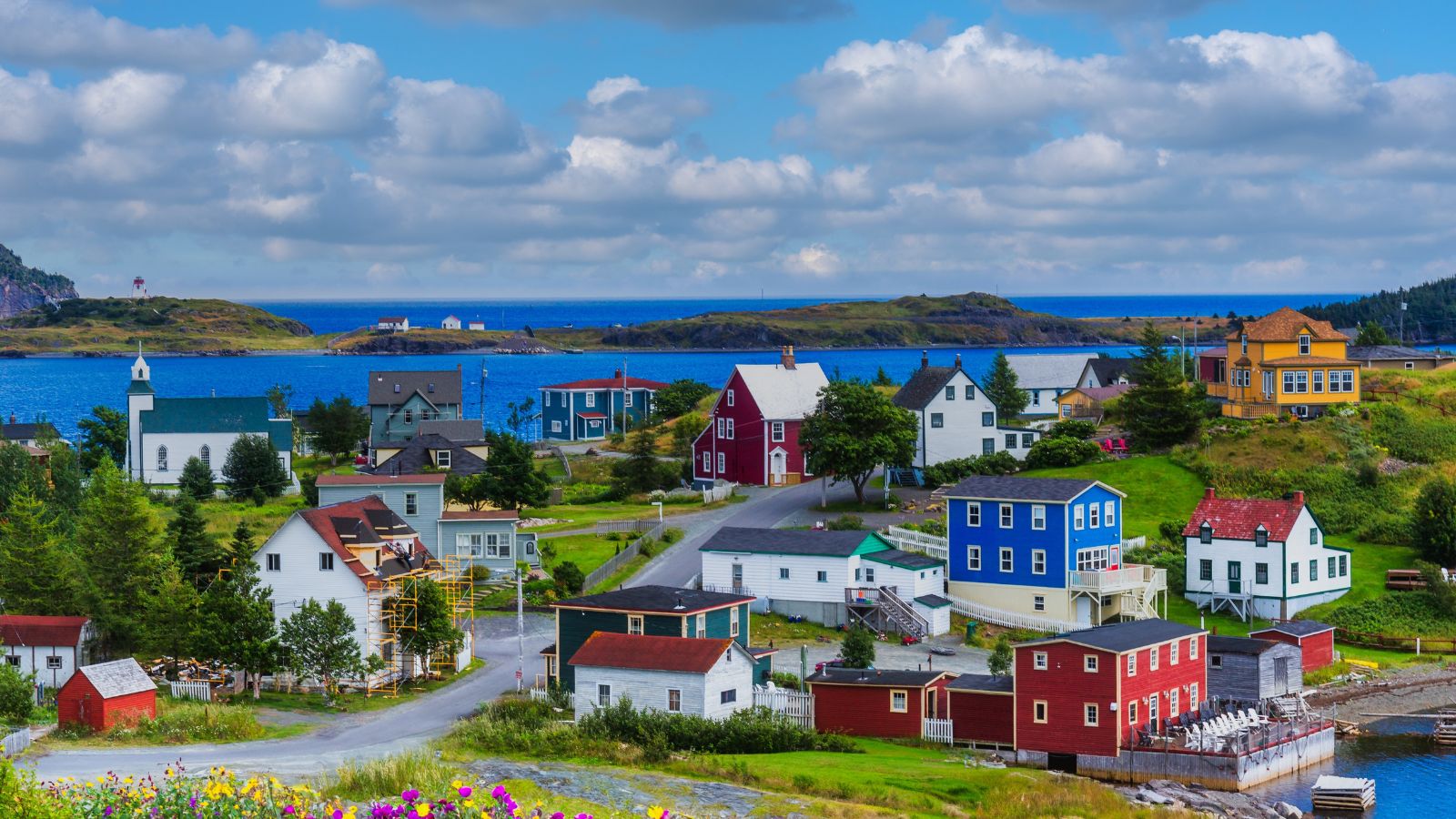
Retirees seeking affordability with rugged beauty often turn to Newfoundland and Labrador, where housing remains cheaper than in most provinces, particularly in smaller towns along the coast. Daily living expenses are manageable, and the province offers healthcare coverage that extends to even remote communities. While transportation costs can be higher due to distance, many retirees find the savings in real estate and the supportive community atmosphere outweigh the drawbacks. With its tight-knit towns, rich cultural traditions, and slower pace, Newfoundland and Labrador provides an affordable retirement option without sacrificing quality of life.
Nova Scotia

Nova Scotia balances affordability with a growing cultural and social scene, especially in Halifax and smaller towns like Lunenburg or Wolfville. Housing costs, while rising, are still lower than in most major Canadian cities, and property tax rates remain reasonable. Retirees benefit from accessible healthcare, numerous community programs, and a strong sense of place in its coastal villages, while food, utilities, and transportation remain affordable compared to provinces further west. Nova Scotia’s blend of affordability, charm, and access to both urban amenities and natural beauty makes it a compelling choice for retirees seeking financial comfort.
Prince Edward Island
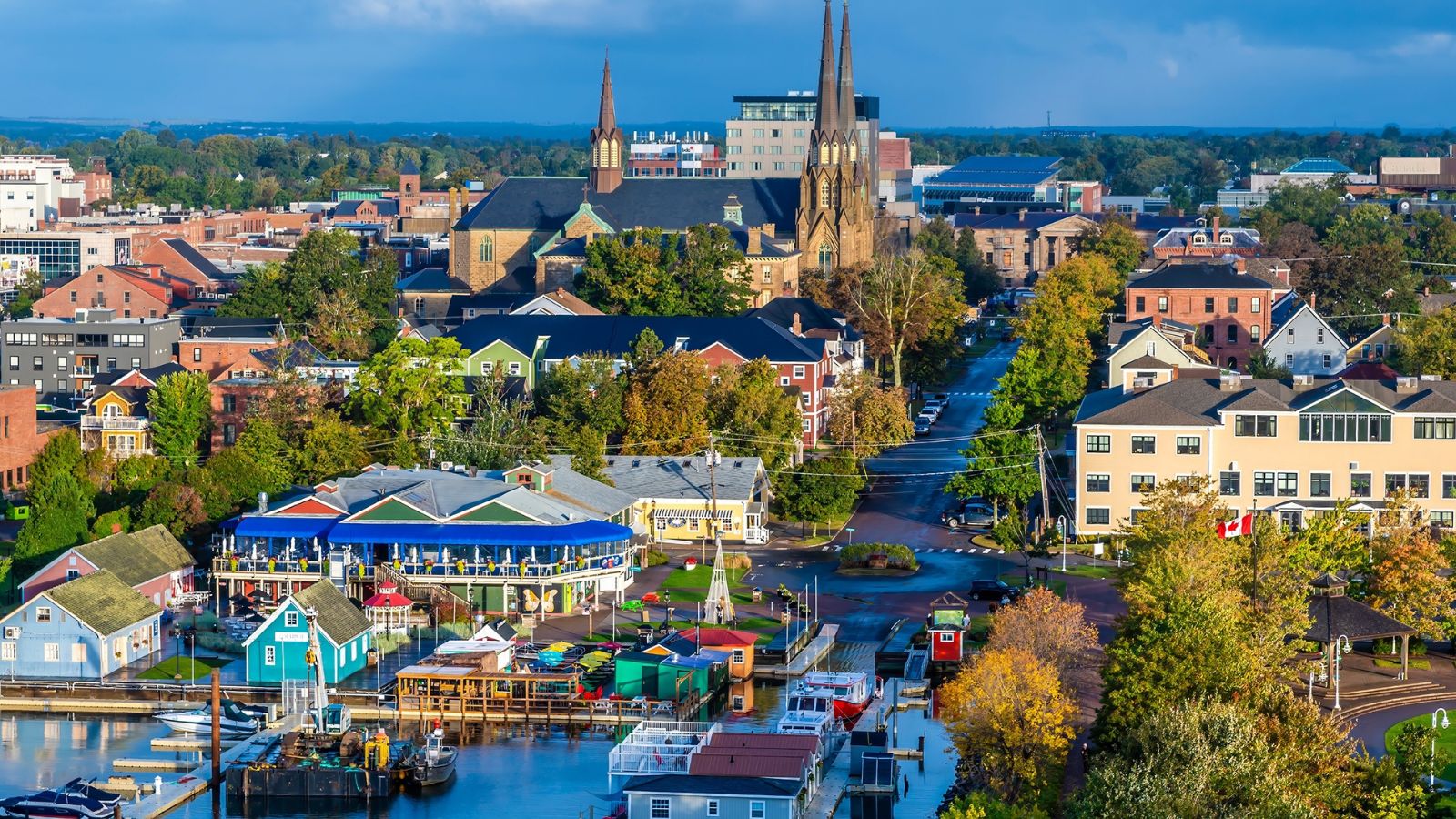
Canada’s smallest province is also one of its most affordable for retirees. Housing remains attractively priced, especially outside Charlottetown, and the cost of living is significantly lower than in most urban centers nationwide. PEI offers excellent healthcare coverage and a community-oriented lifestyle, with plenty of cultural and recreational activities for seniors. The slower pace of life and compact geography make it easy to manage expenses while enjoying island living. For retirees seeking affordability with charm, Prince Edward Island provides a financially sound option paired with a warm, welcoming community.
Manitoba
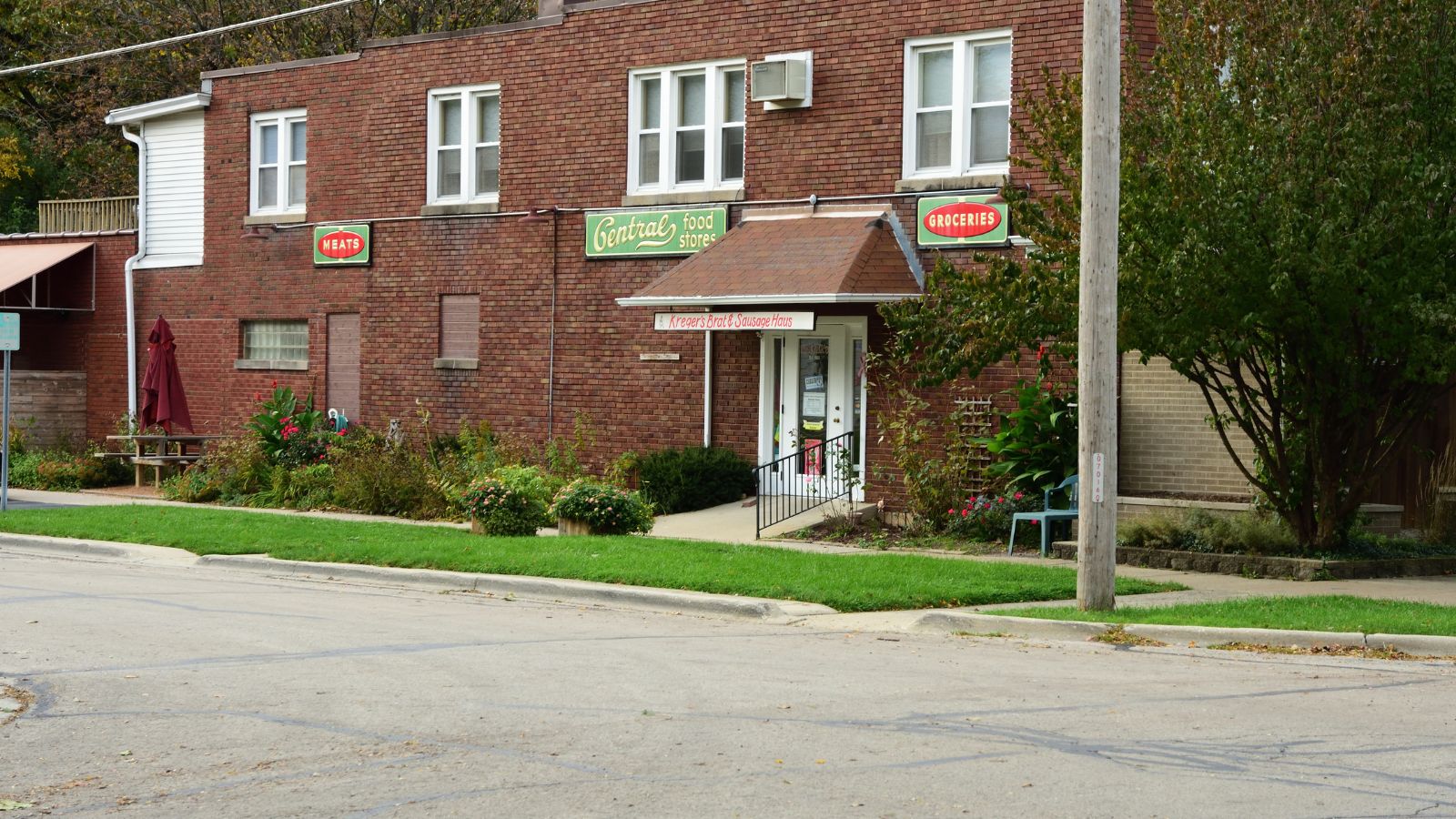
Manitoba stands out for its low housing costs, particularly in Winnipeg and smaller towns across the province. Retirees benefit from accessible healthcare, strong community services, and affordable daily expenses. Property taxes can be higher in some areas, but the overall affordability balances out, as groceries, utilities, and recreational opportunities are generally less expensive than in provinces like Ontario or British Columbia. For retirees seeking affordability without sacrificing access to arts, culture, and healthcare, Manitoba offers a practical choice that allows retirement savings to stretch further.
Saskatchewan
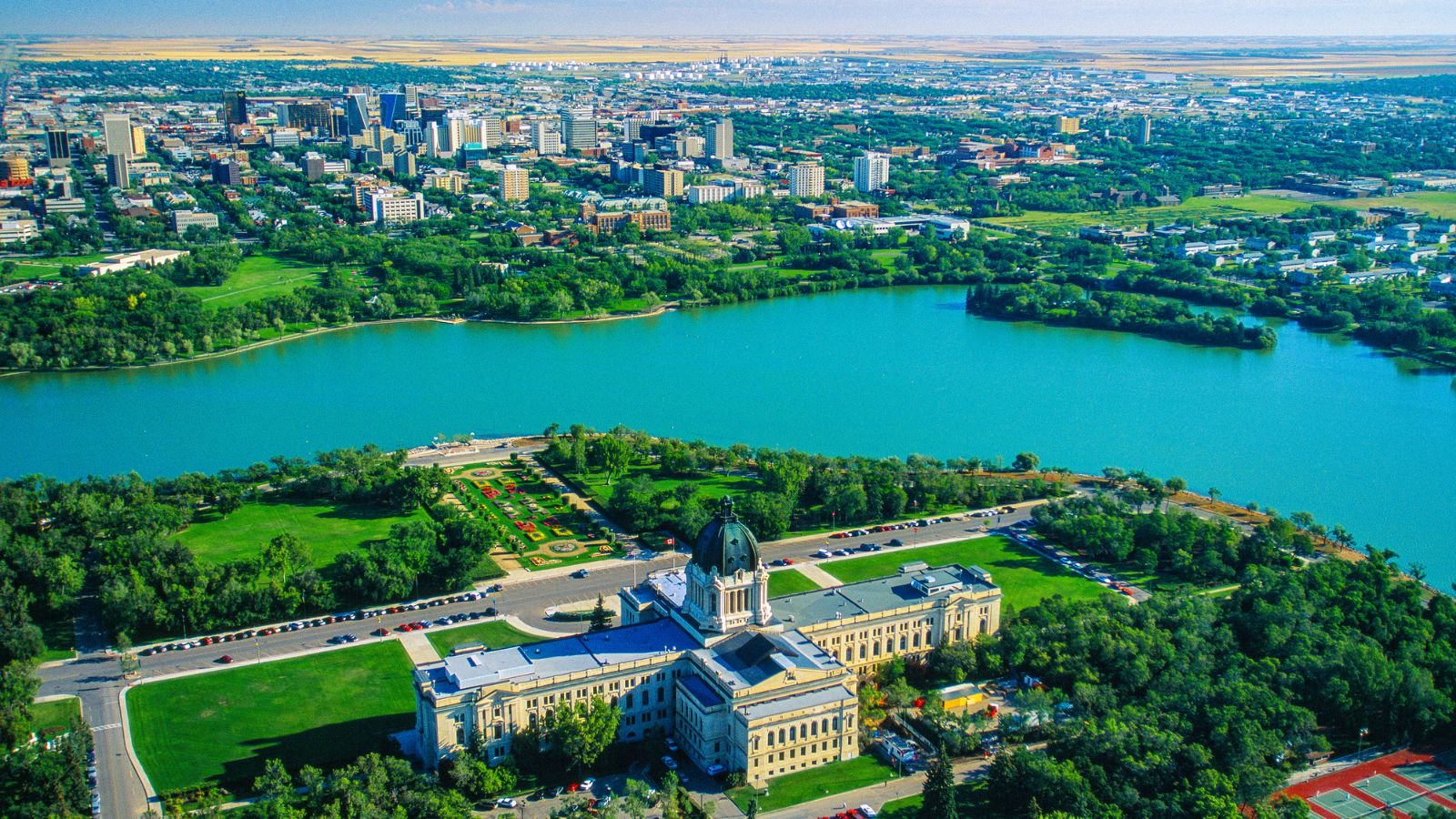
Saskatchewan provides retirees with one of Canada’s lowest costs of living, particularly in housing. Cities like Saskatoon and Regina offer affordable real estate compared to other provincial capitals, while smaller towns provide even greater savings. Retirees benefit from strong healthcare access and a slower pace of life, with plenty of opportunities for outdoor recreation, and property and income taxes are manageable, making Saskatchewan a well-rounded option for affordable retirement. While winters can be harsh, the financial relief and accessible lifestyle often outweigh the challenges for retirees seeking a stable and cost-effective home base.
Alberta
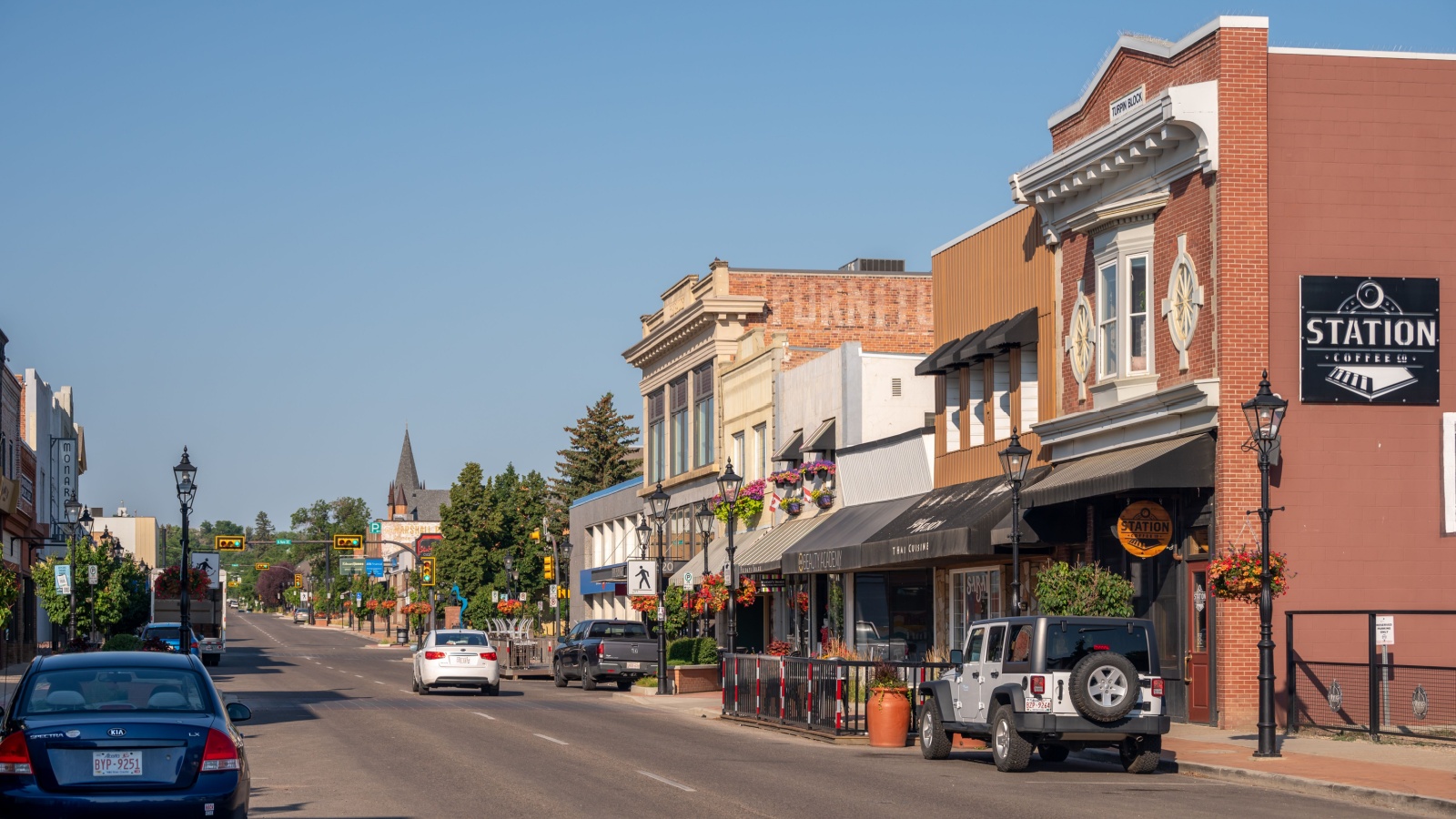
Alberta’s lack of provincial sales tax makes it an appealing choice for retirees managing fixed incomes. While housing in Calgary and Edmonton can be higher, smaller towns and rural areas remain surprisingly affordable. Retirees also benefit from accessible healthcare, a strong economy, and numerous recreational opportunities. Property taxes can vary, but Alberta’s energy-driven wealth helps keep living costs competitive. Alberta provides affordability paired with one of the strongest healthcare and service infrastructures in the country, especially for retirees who enjoy a mix of vibrant city life, mountain proximity, and open prairies.
Quebec
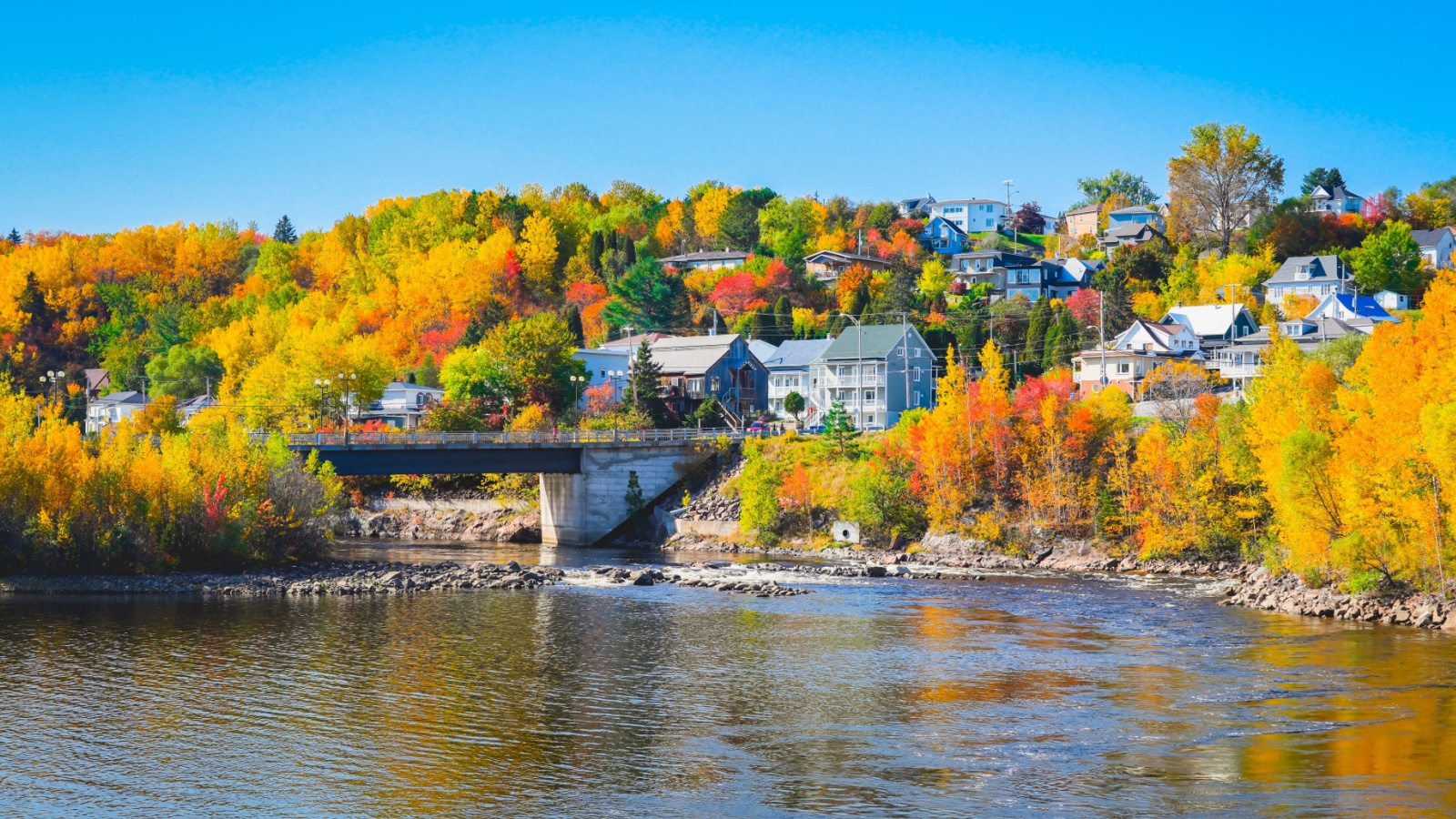
Quebec offers affordability in many of its smaller towns and cities, particularly outside Montreal and Quebec City. Housing prices remain below the national average, and the province boasts one of Canada’s most comprehensive healthcare systems. Groceries, utilities, and transportation costs are manageable, though higher taxes can offset some of these benefits. Retirees, however, gain access to excellent cultural and community services, making Quebec a balanced option for those prioritizing quality of life and affordability. For retirees comfortable with the French-language environment, Quebec offers a financially accessible retirement with strong social and cultural rewards.
Ontario

Ontario’s affordability varies widely, with Toronto and Ottawa priced well above the national average. However, smaller cities and towns, such as Kingston, Peterborough, and parts of Northern Ontario, still offer retirees affordable living. Healthcare and senior services are strong, while provincial tax structures remain manageable. Retirees who avoid major urban hubs can find housing at a fraction of big-city costs, while still enjoying Ontario’s cultural richness and natural beauty. For those seeking balance, Ontario offers affordable retirement opportunities when exploring regions beyond its most expensive centers.
British Columbia
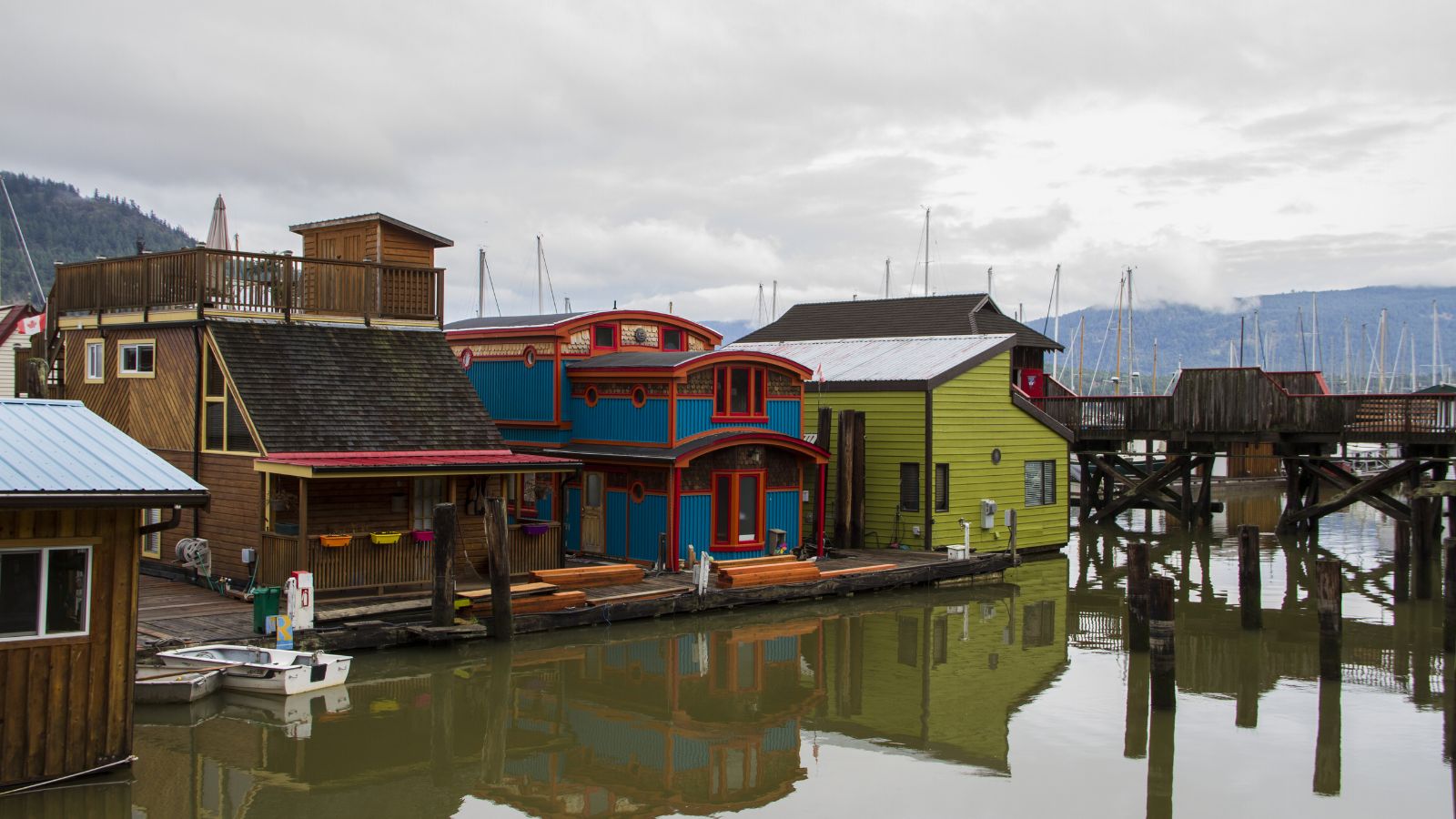
British Columbia is one of the more expensive provinces for retirement, particularly in Vancouver and Victoria. However, affordability improves significantly in smaller communities such as Prince George, Kamloops, or parts of Vancouver Island. While housing costs can still be higher than in many provinces, healthcare services and amenities remain excellent. Retirees drawn to BC’s natural beauty and mild climate may find the lifestyle worth the extra cost, though careful budgeting is essential. For those seeking both affordability and access to breathtaking landscapes, BC’s smaller towns provide a viable retirement path.
21 Products Canadians Should Stockpile Before Tariffs Hit

If trade tensions escalate between Canada and the U.S., everyday essentials can suddenly disappear or skyrocket in price. Products like pantry basics and tech must-haves that depend on are deeply tied to cross-border supply chains and are likely to face various kinds of disruptions
21 Products Canadians Should Stockpile Before Tariffs Hit
